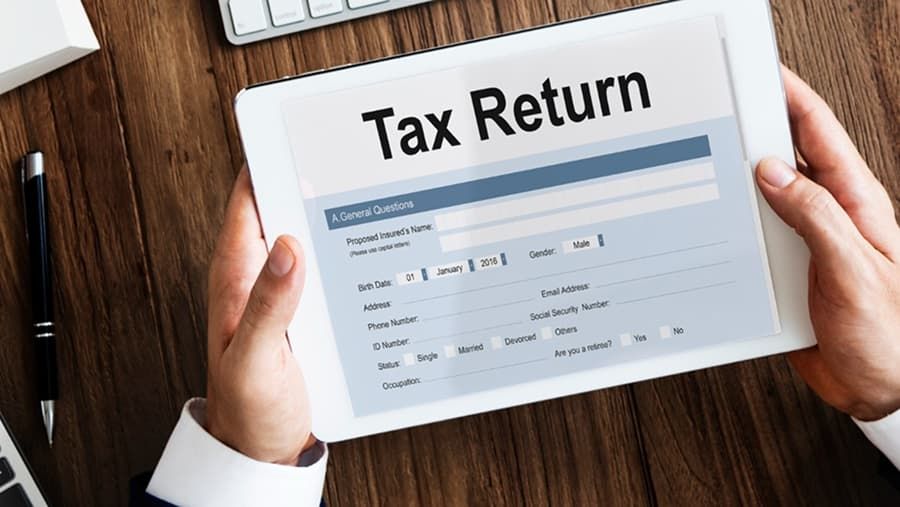Introduction to Worker Injury Compensation
Worker injury compensation refers to a system in which the employer, according to the law, makes financial compensation for the injury or occupational disease caused by the work. This article introduces this system to help them overcome their injuries and return to work.

The implementation of industrial injury compensation system is the embodiment of social progress and civilization. It not only helps to maintain the life safety and health of workers, but also helps to promote the harmonious relationship between labor and capital. The following will introduce the relevant content of industrial injury compensation, including the scope of compensation, compensation standards and compensation procedures.
Above all else, the extent of laborers' compensation covers business related wounds and word related sicknesses. Modern injury alludes to actual injury brought about by mishaps or crises over work, while word related illness alludes to sicknesses brought about by long haul work. In addition to workers with formal labor contracts, temporary workers, interns, and labor dispatch workers are covered by the industrial injury compensation system.
Secondly, the standard of industrial injury compensation mainly includes medical expenses, disability compensation and living allowance. Medical expenses refer to the expenses for treatment due to work-related injury or occupational disease, including hospitalization expenses, operation expenses, medicine expenses, etc. Disability compensation is determined according to the degree of disability and the degree of loss of working ability caused by industrial injury, and is used to compensate workers for physical injury and reduced working ability. Subsistence allowance refers to the allowance given to workers who lose their ability to take care of themselves due to work-related injury or occupational disease and need to be taken care of by others.
Finally, the procedures for workers' compensation include application, evaluation and payment. In case of work-related injury or occupational disease, the worker shall report to the employer in time and fill in the work-related injury declaration form. After receiving the declaration, the employer shall promptly organize an appraisal agency to evaluate the injury and determine the nature and extent of the injury. According to the results of the appraisal, the employer shall pay the corresponding compensation in accordance with the legal standard and promptly pay to the worker or his family.
The implementation of the industrial injury compensation system cannot be separated from the support and supervision of the government. The government should establish and improve relevant laws and regulations on industrial injury compensation to ensure that the rights and interests of workers are protected. At the same time, the government should also strengthen the supervision and law enforcement of employers to ensure the timely payment of compensation and the determination of reasonable amounts.
However, there are still some problems and challenges in the implementation of the industrial injury compensation system. On the one hand, some employers may have subjective and difficult identification of work-related injuries, resulting in the rights and interests of workers are difficult to be protected. On the other hand, some workers may lack understanding of the industrial injury compensation system for various reasons, and fail to apply for and enjoy the corresponding compensation in time.
In short, the industrial injury compensation system is one of the important systems to protect the rights and interests of workers. Through financial compensation for work injuries and occupational diseases, injured workers can be helped to obtain the necessary treatment and rehabilitation, and living allowances are provided to help them tide over difficulties. However, there are still some problems and challenges in the implementation of the industrial injury compensation system, which requires the joint efforts of the government, employers and workers to strengthen publicity and education, improve laws and regulations, improve the fairness and transparency of the system, and ensure that the legitimate rights and interests of workers are effectively protected.









